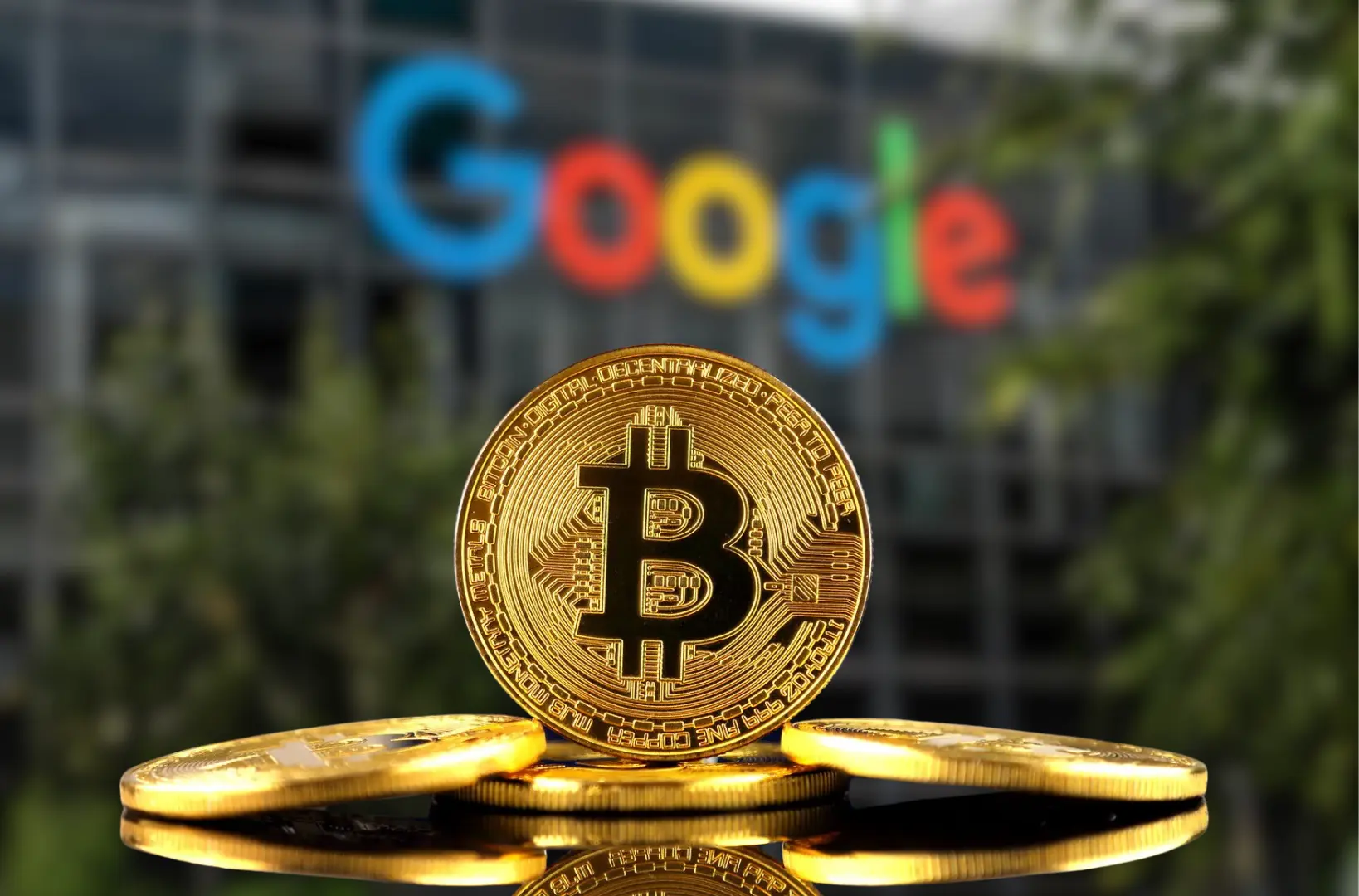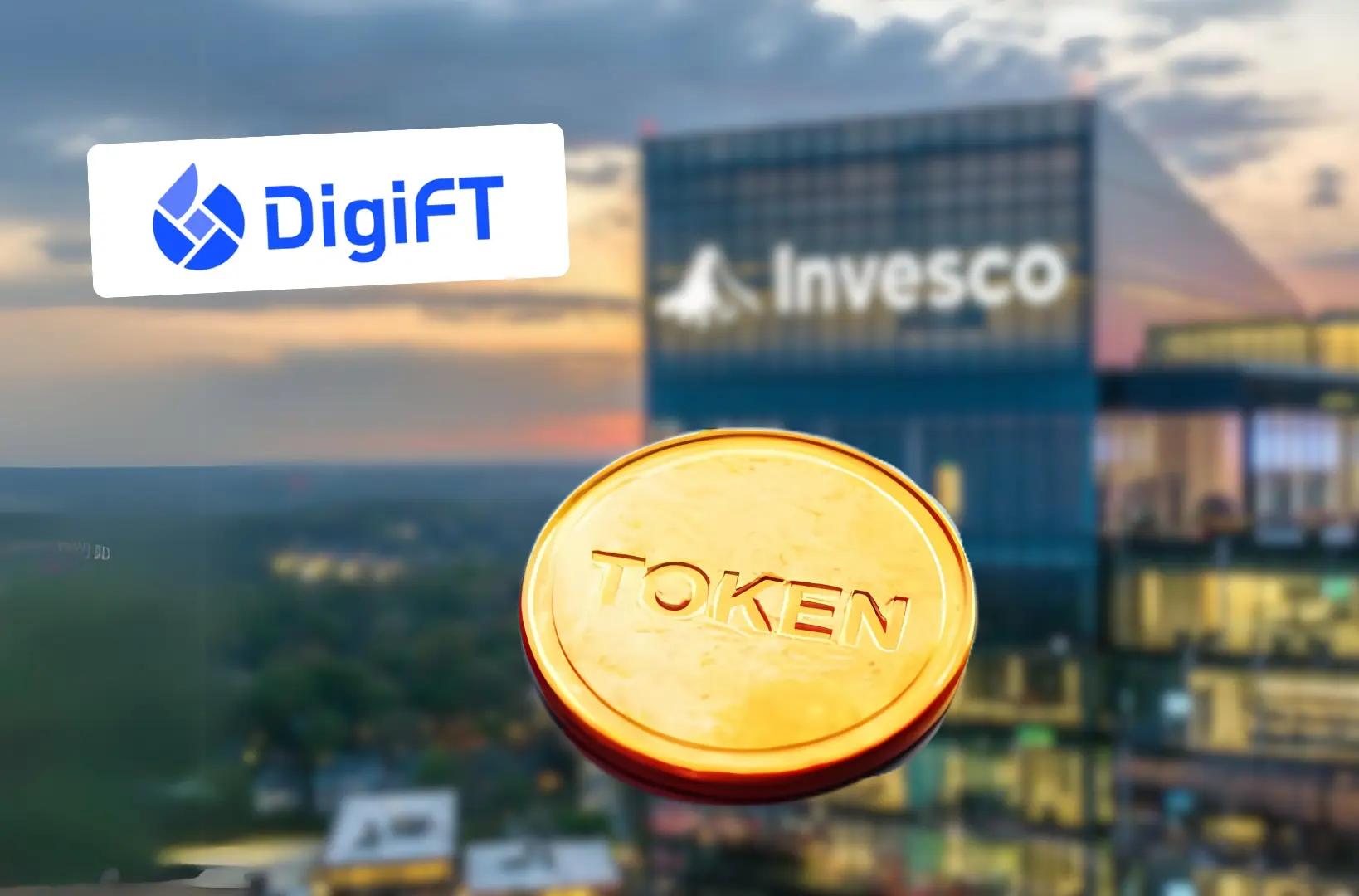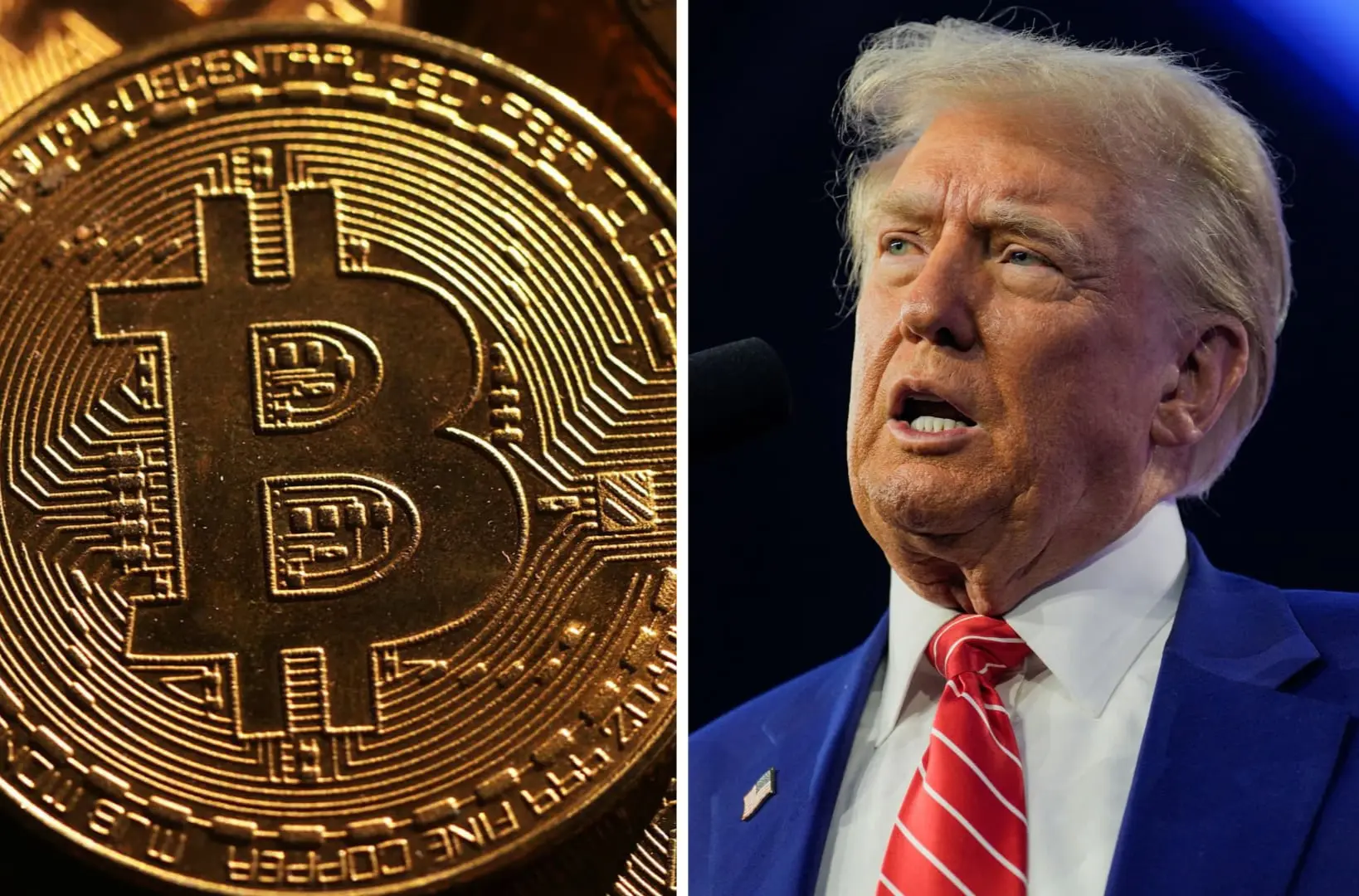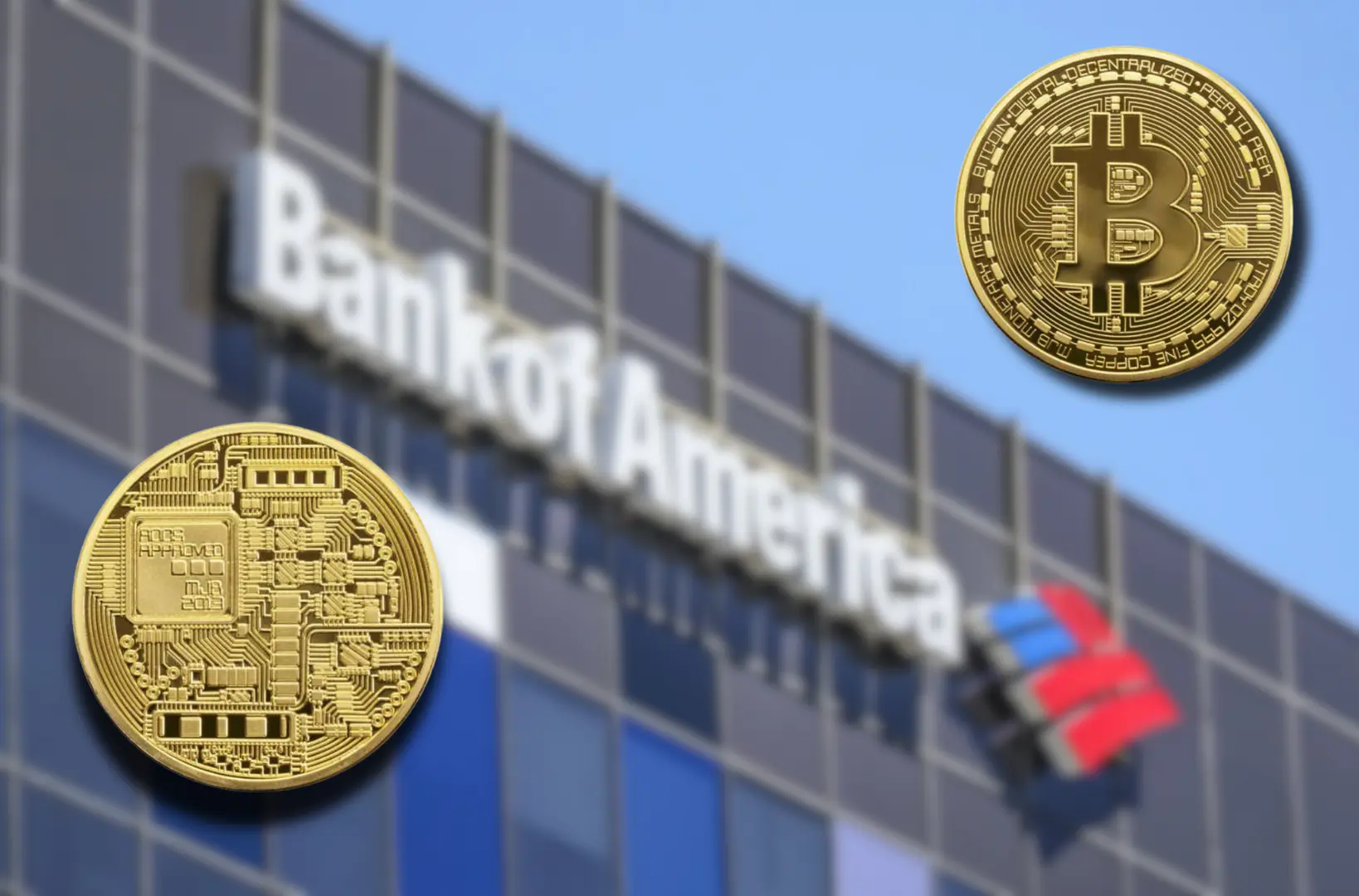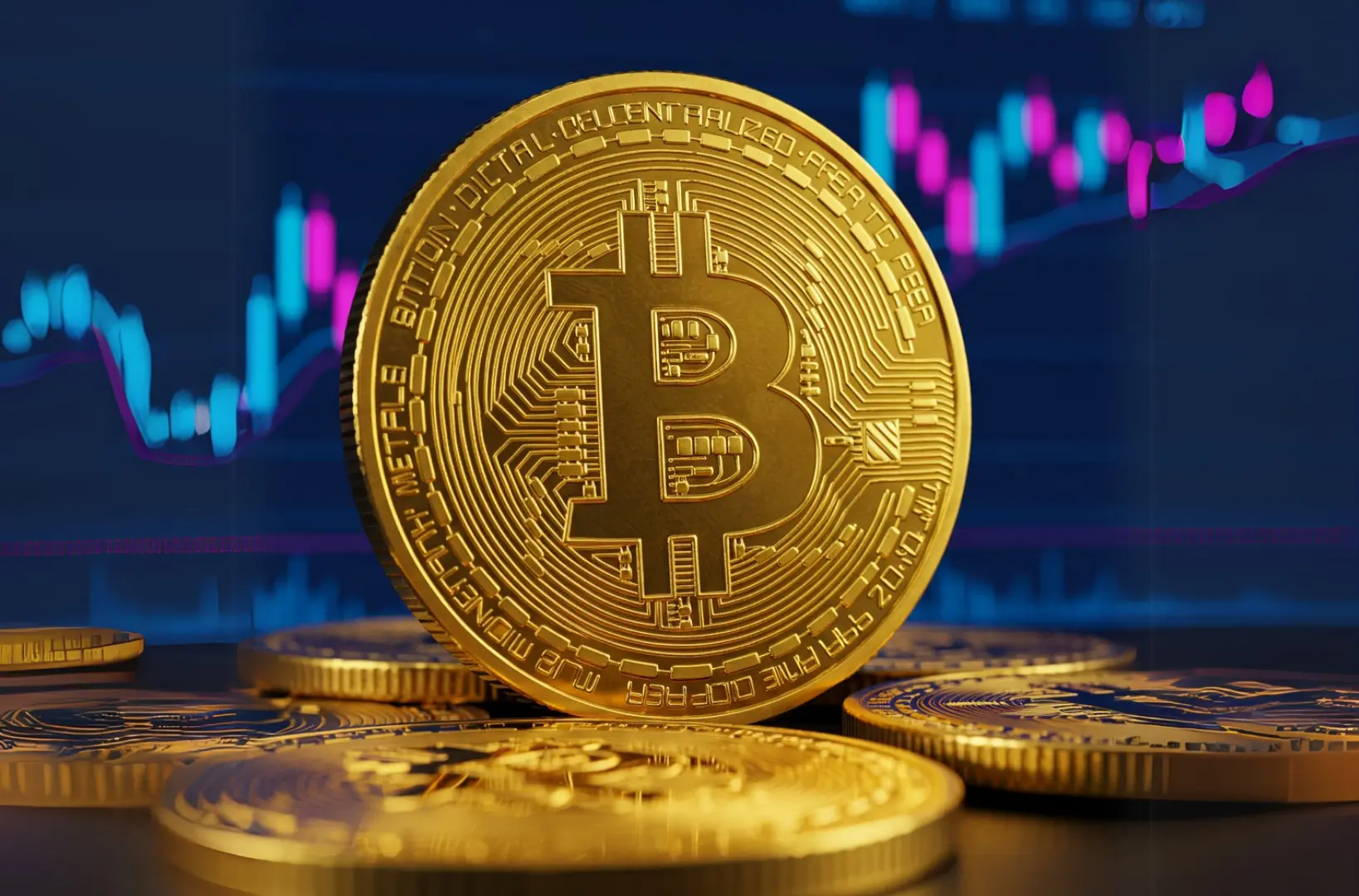Cryptocurrency continues to gain traction worldwide, with institutional investors playing a pivotal role in its adoption. In a significant development, South Korea is reportedly considering allowing institutional investors to trade crypto assets. This potential move could have far-reaching implications for the global cryptocurrency market and South Korea’s position as a hub for digital finance.
In this blog, we will explore the context behind this decision, its potential impacts on the crypto market, and what it could mean for institutional investors and retail traders alike.
The Current Crypto Landscape in South Korea
South Korea has been a critical player in the cryptocurrency market, with a high adoption rate among retail traders. Despite this, the government has maintained strict regulations to curb fraud and ensure financial stability.
Key Highlights of South Korea’s Crypto Environment:
- Retail Dominance: South Korea has a vibrant retail crypto market, often contributing significantly to global trading volumes.
- Strict Regulations: The government has implemented measures like real-name trading accounts and anti-money laundering (AML) requirements.
- Institutional Restrictions: Until now, institutional investors have been largely restricted from participating in the cryptocurrency market.
This cautious approach has helped South Korea maintain market stability, but it has also limited the full potential of its crypto ecosystem.
Why South Korea Is Considering This Move
Allowing institutional investors to trade crypto signals a potential shift in South Korea’s regulatory stance. Several factors may be driving this decision:
1. Global Adoption of Cryptocurrency
Around the world, institutional investors are entering the crypto market. Countries like the United States have seen major financial institutions, such as BlackRock and Fidelity, embrace cryptocurrencies. South Korea likely aims to stay competitive in this rapidly evolving financial landscape.
2. Boosting Financial Innovation
By allowing institutional trading, South Korea could foster innovation in blockchain technology, decentralized finance (DeFi), and tokenized assets. Institutional involvement often brings funding and credibility to these emerging sectors.
3. Strengthening Economic Growth
The cryptocurrency market offers significant economic opportunities. Encouraging institutional participation could attract foreign investment, create jobs, and bolster South Korea’s financial markets.
Potential Impacts on the Crypto Market
If South Korea allows institutional investors to trade crypto, the decision could have profound effects on both the domestic and global cryptocurrency markets.
1. Increased Market Liquidity
Institutional investors typically bring large amounts of capital to the market, increasing liquidity. Greater liquidity can reduce price volatility and make the market more stable and attractive to new participants.
2. Enhanced Credibility for Cryptocurrencies
When institutions trade cryptocurrencies, it signals legitimacy to other investors. South Korea’s move could encourage more institutional investors globally to explore crypto assets.
3. Boosted Innovation in Financial Products
Institutional involvement often leads to the creation of sophisticated financial products, such as cryptocurrency ETFs and futures. This could open up new investment opportunities for both institutional and retail investors.
4. Global Ripple Effects
As a key player in the global financial system, South Korea’s decision could influence other countries to reconsider their crypto regulations. This domino effect might pave the way for wider institutional adoption worldwide.
Challenges and Considerations
While the move to allow institutional investors to trade crypto is promising, it also comes with challenges:
1. Regulatory Compliance
South Korea will need to ensure that institutional crypto trading complies with its stringent financial regulations, including AML and Know Your Customer (KYC) requirements.
2. Risk of Market Manipulation
Large institutional players have the potential to manipulate the market, especially in an unregulated or lightly regulated environment. Safeguards will be essential to maintain market integrity.
3. Volatility Concerns
Although institutional involvement can stabilize markets, the influx of capital can also lead to rapid price movements if trading strategies are not carefully managed.
4. Infrastructure Development
Allowing institutional trading will require robust infrastructure, including secure custodial services, transparent exchanges, and regulatory oversight.
Opportunities for Retail Investors
The inclusion of institutional investors could create new opportunities for retail participants:
- Lower Volatility: With institutions providing liquidity, price fluctuations could become less extreme, offering a more predictable trading environment.
- Access to Better Tools: Retail investors might benefit from the development of new trading platforms and tools designed to accommodate institutional standards.
- Educational Resources: Increased institutional activity often leads to a proliferation of resources that help investors understand the market better.
The Future of Cryptocurrency in South Korea
South Korea’s decision to potentially allow institutional crypto trading is part of a broader trend toward mainstream acceptance of digital assets. By embracing this change, the country positions itself as a leader in financial innovation, offering significant benefits to its economy and investors.
This move also aligns with the global push for crypto adoption, with governments and regulators recognizing the value of integrating cryptocurrencies into traditional financial systems.
Conclusion
South Korea’s potential move to allow institutional investors to trade crypto could be a game-changer for the cryptocurrency market. By opening the doors to institutional involvement, the country stands to boost market liquidity, enhance credibility, and drive innovation within the industry.
While challenges remain, the decision underscores South Korea’s forward-thinking approach to financial technology. For investors both institutional and retail this marks an exciting new chapter in the evolution of cryptocurrency.
Stay tuned as South Korea’s crypto journey unfolds, shaping the future of digital finance.
wanna know about buying a cryptocurrency read this blog

Jahanzaib is a Content Contributor at Technado, specializing in cybersecurity. With expertise in identifying vulnerabilities and developing robust solutions, he delivers valuable insights into securing the digital landscape.

